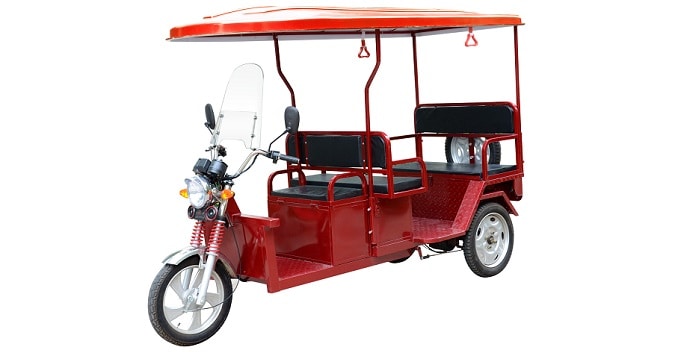A year after the introduction of the Delhi EV policy, the national capital has seen a steady increase in sales of electric vehicles, which is outpacing the CNG-powered vehicles.

Delhi EV Policy was launched on August 7, 2020
The Delhi EV policy was announced on August 7, 2020, and the incentives helped bring down the upfront cost of EVs by a huge margin. A year after the announcement, we now have sales figures to see if there has been any policy change and the numbers are certainly encouraging. According to a recent report, EV sales in recent months have seen an increase in sales as compared to CNG-powered models. Around 2603 electric vehicles were sold in August this year, which is more than the 1966 CNG-powered vehicles sold during the same period. Interestingly, this trend was repeated in July as well, where 2413 EVs were sold as opposed to 2357 CNG vehicles.
Read also: EVRE partners with MoEVing to add 1,000 charging stations across India

2603 electric vehicles were sold in August 2021 as opposed to 1966 CNG vehicles
According to data shared by the Delhi government in August, the share of EVs in new vehicle sales has increased from 1.2 per cent between August 2019 and July 2020 to 3.3 per cent between August 2020 and July 2021, following the announcement of the EV policy. From. .
In terms of sales this year, the report said that around 1445 EVs were sold in January 2021, while CNG vehicles sold 2121 units in the same month. The number rose to 1599 units for electric vehicles in February, while the number increased to 2648 units for CNG vehicles as well. This was in March when EV sales stood at over 2914 units, while CNG vehicle volume stood at 2201 units. Sales declined in April due to the second wave of the pandemic with 1120 EVs and 1551 CNG vehicles sold. But volumes fell completely with only 2 EVs and no CNG vehicle sales in May, but saw an uptick as the market opened up after June.
E-rickshaws, electric two-wheelers, followed by three-wheelers account for the largest share of EV sales in Delhi. Meanwhile, CNG vehicles sold in the national capital mainly comprise of three-wheelers. The number of petrol-CNG-powered passenger casas sold in the Rajdhani, however, remains high.

The Delhi government is working with the central government to include more e-buses, while also handing over more permits to e-rickshaws.
Read also: Greaves Electric Mobility launches multi-brand EV retail platform
The report further states that permits for three-wheelers will be granted only to e-autos, making room for around 4000 new electric three-wheelers on Delhi’s roads soon. In addition, the Delhi government is also in talks with the central government to relax restrictions on the number of e-buses that can be covered under the FAME II scheme. The state government aims to induct 5,000 such buses in the capital’s public transport fleet in the next five years.
0 notes
Apart from adding new e-vehicles on the road, the Delhi EV policy also focuses on improving the charging infrastructure. Delhi Transport Corporation recently signed an MoU with Convergence Energy Services Limited (CESL) to set up charging stations and battery swapping stations at bus depots and terminals.
for the latest auto news And ReviewFollow carandbike.com Twitter, Facebookand subscribe to our youtube Channel.
.